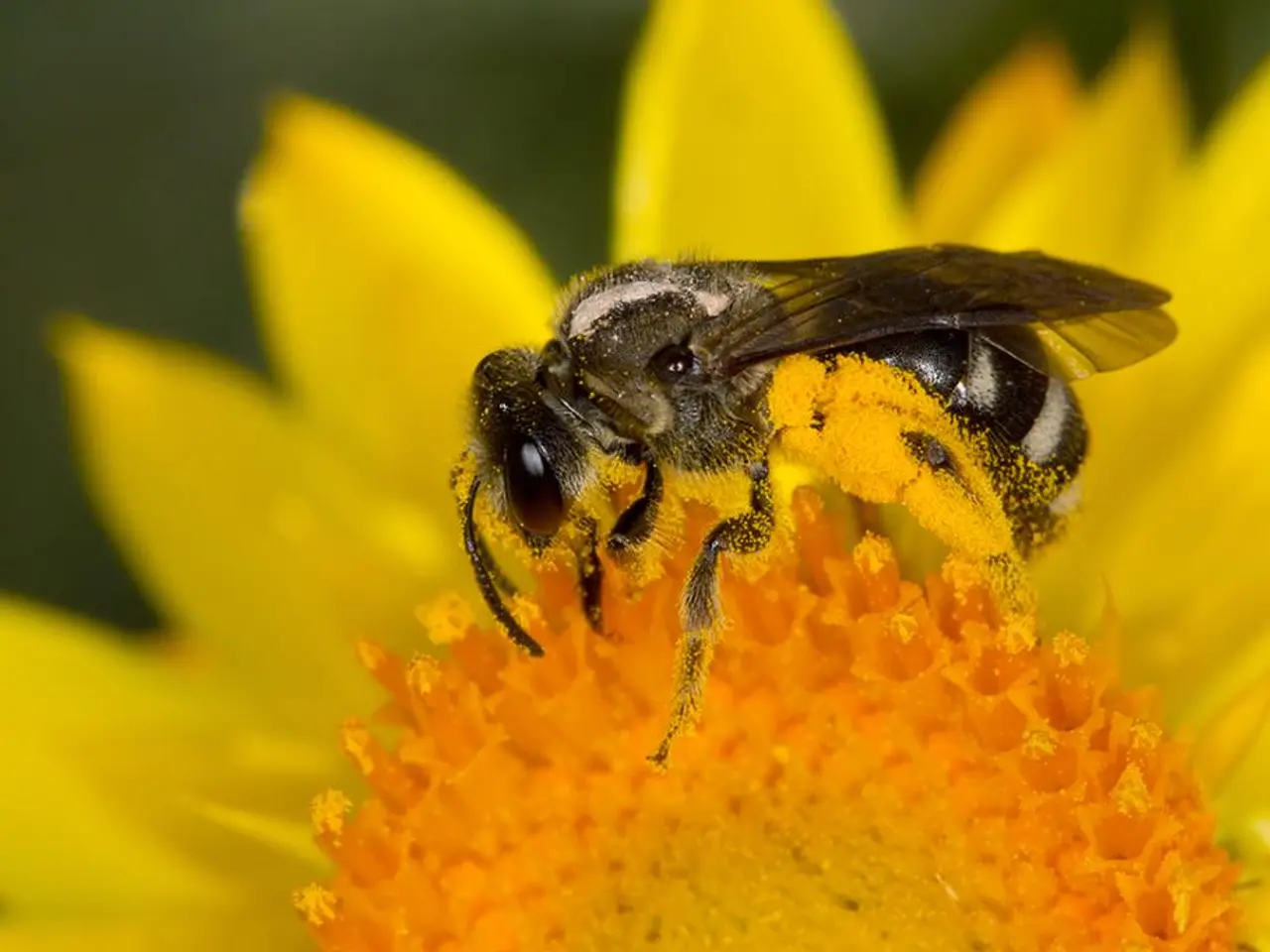Nation currently in emergency status.
Colombia Declares National Health and Economic Emergency Amidst Yellow Fever Outbreak
Colombia is currently facing a severe yellow fever outbreak, prompting the government to declare a nationwide health and economic emergency. Since early 2024, the country has recorded 114 confirmed cases and 49 deaths, with a particularly critical situation in the Tolima region.
The emergency declaration comes as a result of the rapid increase in cases and associated mortality, with a fatality rate approaching 43% in some areas. The disease is transmitted by Aedes and Haemagogus mosquitoes, which are widespread in Colombia’s forested and urban-adjacent regions. Epizootic events such as the deaths of several monkeys have triggered early warnings, reflecting active virus circulation in both wildlife and humans.
To combat the outbreak, the government has launched a national vaccination campaign to increase immunity in at-risk populations. Although the vaccine is not mandatory for entry, travelers and residents are urged to get vaccinated. Vector control efforts, including insecticide use and entomological surveillance, are also being implemented to reduce mosquito populations carrying the virus.
Health teams trained on sample collection and wildlife surveillance are being deployed to detect and monitor yellow fever circulation in monkeys, enabling early responses. Quarantine and monitoring procedures for infectious diseases at transport hubs are part of the containment strategy.
President Gustavo Petro has also called on citizens to get vaccinated against yellow fever and advised unvaccinated people not to be in risk areas over Easter. The yellow fever virus has spread beyond traditional risk areas for outbreaks, posing a threat to more people.
The number of confirmed yellow fever cases in the coffee-growing region of Tolima has risen from 4 in September to 22 by mid-April. The temporary restriction applies to this region, aiming to stop further spread into urban areas, reduce human morbidity and mortality, and mitigate economic impacts caused by widespread illness and disruption.
The emergency declaration also facilitates intersectoral cooperation to address both the health crisis and its economic consequences. Citizens are advised to use mosquito repellents and preventive measures, especially from dusk to dawn when mosquitoes are most active.
References:
- World Health Organization
- Colombia Reports
- Reuters
- BBC News
- Centers for Disease Control and Prevention
- The government's economic and social policy should consider the potential impacts of the yellow fever outbreak on Colombia's health-and-wellness sector and overall economy.
- As the yellow fever outbreak continues, it's crucial to invest in science and environmental-science research to develop new strategies for controlling the mosquito population and managing medical-conditions related to the virus.
- In response to the yellow fever outbreak, mental-health resources should be made available for those affected by the disease, including those who have lost loved ones and those dealing with the stress of the crisis.
- While dealing with the yellow fever outbreak, it's important to consider the environmental implications of any interventions, such as the use of CBD as a potential mosquito repellent, to ensure long-term sustainable solutions are implemented.




